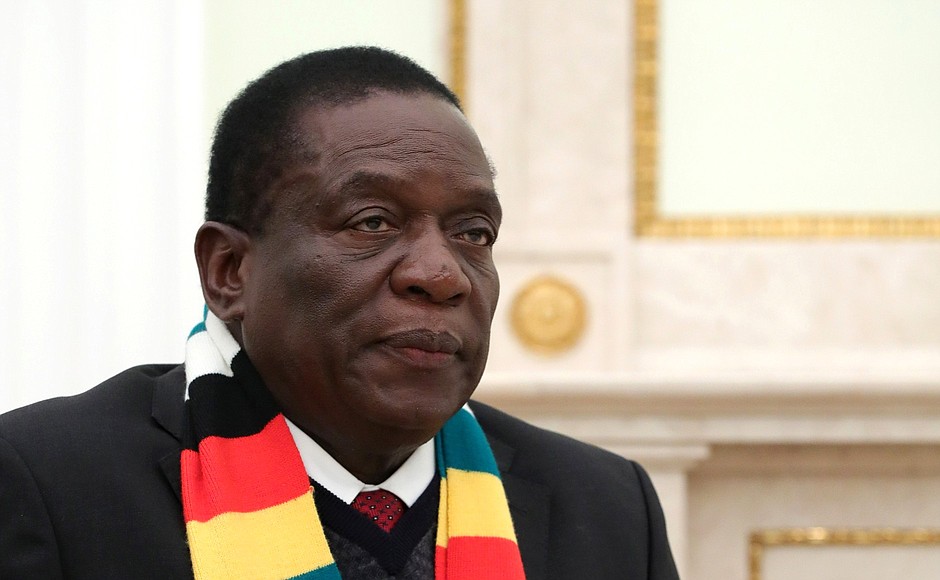In addition to Mnangagwa, the U.S. blacklisted 10 members of his government and their spouses under the the Global Magnitsky Program for corrupt practices to the detriment of their citizen’s human rights and well-being. The new measures replace an older set of sanctions against the Southern African state, which the Biden administration felt were too harmful to the Zimbabwe economy.
“The United States remains deeply concerned about democratic backsliding, human rights abuses, and government corruption in Zimbabwe,” said Wally Adeyemo, Deputy Secretary of the Treasury.
Adeyemo made it clear that the U.S. sanctions are only intended to harm their targets, and not the people of Zimbabwe as a whole.
“President Mnangagwa’s criminal network of government officials and businesspeople are most responsible for corruption or human rights abuse against the people of Zimbabwe,” he continued. “These changes to our approach provide an opportunity for the Government of Zimbabwe to undertake key reforms to improve its record on human rights, good governance, and anti-corruption.”
As president, Mnangagwa has enriched himself through gold and diamond smuggling networks and used his power to provide a “protective shield” to criminals that facilitate these illicit markets, the Treasury said.
He has also allegedly solicited bribes in exchange for his influence and protection, and is implicated in overseeing the violent oppression of his people and political opponents via his country’s security services.
His wife, First Lady Auxillia Mnangagwa, and his vice president, Constantino Chiwenga, are among the other 10 embroiled in a regime held together, authorities said, by fear, kidnapping, and torture.
Under Mnangagwa and Chiwenga’s leadership, Zimbabwe’s national police and intelligence services have “engaged in the violent repression of political activists and civil society organizations” via election fraud and the deployment of groups to intimidate voters from ousting the president from power.
Kidnapping and hit squads known as ‘ferret teams’ have also been deployed to silence dissidents, the Treasury said. Survivors reported being “beaten and stripped naked, injected with unknown substances…and later dumped on the roadside.”
Those who publicly opposed Mnangagwa also claim that they were tortured, beaten, and whipped inside police stations, the Treasury said.
“These illicit activities support and contribute to a global criminal network of bribery, smuggling, and money laundering that impoverish communities in Zimbabwe, southern Africa, and other parts of the world,” said U.S. National Security Council Spokesperson Adrienne Watson.
All other sanctioned Zimbabwe citizens not named along with Mnangagwa and his cohorts have now had their restrictions lifted.
Farai Muroiwa Marapira, a spokesman for the Mnangagwa government, said on X that Zimbabwe’s “policy of being a friend to all and an enemy to none” have “yielded bittersweet results,” given the revised sanction protocols against the country’s leaders.
He further labeled the sanctions as an illegal act and called for their immediate revocation.
“We still call for all sanctions to be removed unequivocally,” Marapira said. “Only then are we free of this yoke unfairly put on our shoulders.”

